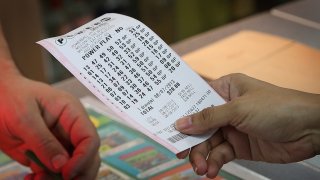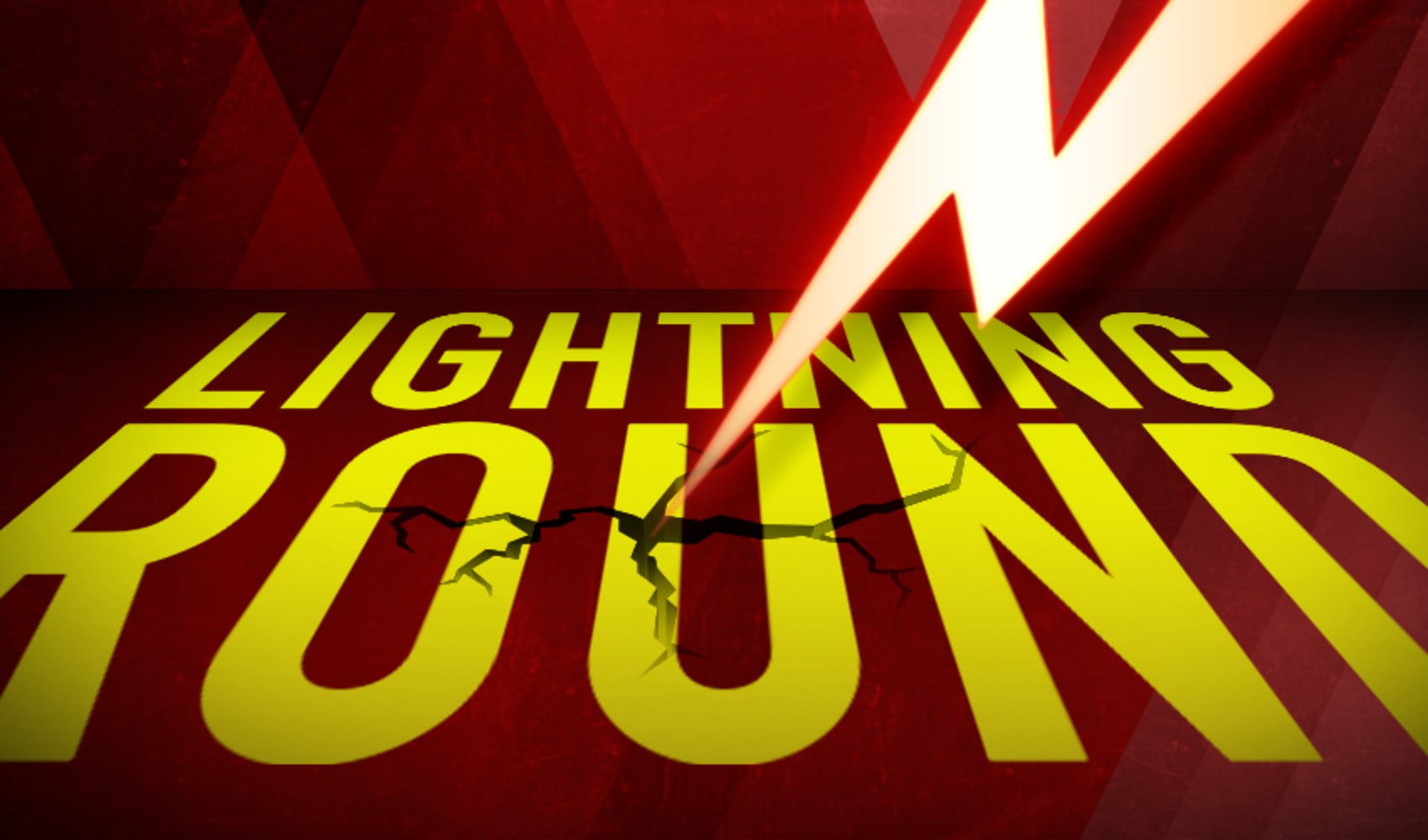
After 40 successive draws, the supersized Powerball jackpot worth $632.6 million has been won by two ticketholders who matched all six numbers drawn Wednesday night.
The winners will split the seventh-largest pot in Powerball history, but they won't receive the same amount due to differences in how their states tax lottery wins.
How the taxes break down
Each winner has a choice to receive an annuity worth $316.3 million spread out over 30 payments, or as an immediate lump sum of $225.1 million in cash. Whatever they choose, each state's lottery automatically withholds 24% of that sum for federal taxes. In actuality, they will end up paying the top income tax rate of 37% come tax time.
Get Southern California news, weather forecasts and entertainment stories to your inbox. Sign up for NBC LA newsletters.
The winner in Wisconsin will also pay more in taxes because, unlike California, it charges state taxes on lottery winnings — 7.65% on payouts over $5,001.
The difference is significant. Using the lump sum cash option, the split jackpot will result in an after-tax payout of approximately $142.4 million in California compared to $125.1 million in Wisconsin, a difference of just over $17.3 million dollars.
That's nearly the same amount as the next Powerball jackpot prize, which has reset to $20 million for its drawing on Saturday night.
Money Report
Don't expect to win the jackpot
It's also worth mentioning that your odds of winning the Powerball jackpot are extremely remote: you have a 1 in 292,201,338 chance of matching all six double-digit numbers needed.
There are other prizes if the numbers on your ticker match at least a few numbers drawn. You have a 1 in 36,525.17 chance of matching four numbers, for a total payout of $100.
Your best bet for winning money is to match the Powerball number, which is a 1 in 38.32 chance. However, the payout is only $4 — enough to buy two more lottery tickets.
Sign up now: Get smarter about your money and career with our weekly newsletter
Don't miss: Aiming to buy a home in the next year? Do these 4 things






